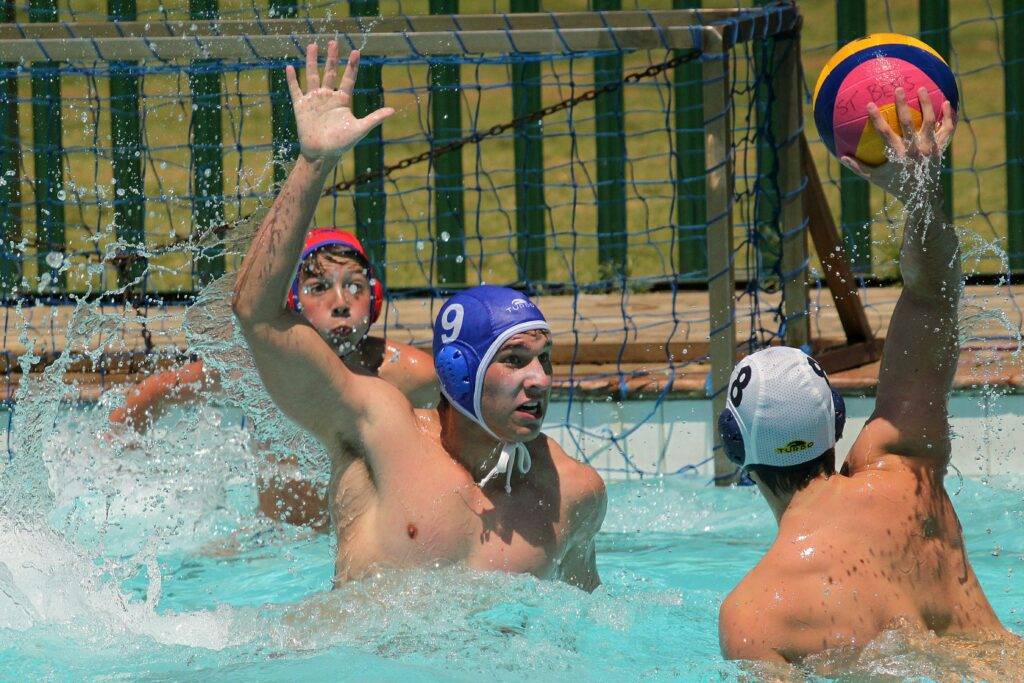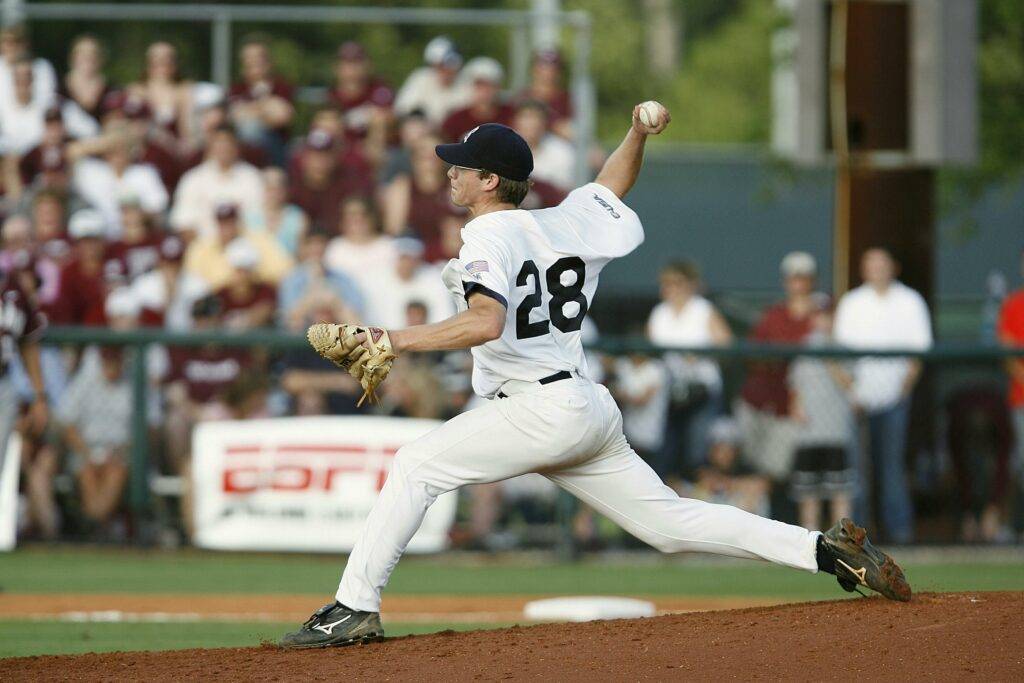Pathway to Men's
Water Polo Recruitment
Is It Your Goal to Compete in Men’s Water Polo in College?
Water polo is one of the fastest-growing collegiate sports in the U.S., with an expanding presence across NCAA and NAIA programs. The rise of programs, like the one introduced at Ottawa University in Arizona, highlights the growing popularity of men’s water polo at the collegiate level. However, as the sport expands, competition for roster spots and scholarships also intensifies. With only 43 NCAA men’s water polo programs and one NAIA program, student-athletes need a strategic approach to the recruiting process to stand out.
Navigating NCAA Water Polo Recruiting Rules and Calendar
Men’s water polo recruiting has evolved over the years, and understanding the NCAA rules and calendar is crucial for a successful recruiting experience. Recent NCAA changes now allow communication between coaches and athletes starting June 15 after an athlete’s sophomore year, with official visits allowed after August 1 of their junior year. Knowing these timelines helps athletes stay ahead in the recruitment process. Athlete Pipeline provides the tools needed to keep track of these important dates, ensuring athletes make the most of their recruiting journey.
What It Takes to Play College Water Polo
With only 7% of male U.S. water polo athletes moving on to play at the collegiate level, the competition is fierce. To secure a spot on an NCAA Division 1 team, student-athletes must compete not only against domestic players but also international athletes who have been steadily increasing in number. College coaches are looking for players who excel both athletically and academically. Athlete Pipeline can help you highlight your skills, experience, and academic achievements to give you a competitive edge in the recruiting process.
Understanding Water Polo Scholarships
Men’s water polo programs, especially at the NCAA Division 1 and 2 levels, often face limited funding. As an “equivalency sport,” coaches have the flexibility to divide their 4.5 scholarships among multiple athletes. This means that most players receive partial scholarships rather than full rides. Athlete Pipeline can assist student-athletes in exploring other financial aid options such as academic scholarships, grants, and work-study programs to supplement athletic funding.
How to Get Recruited for Men’s Water Polo
Standing out in men’s water polo requires more than just playing well in high school. Recruits need to build strong relationships with coaches, create impactful profiles, and stay proactive throughout the process. Athlete Pipeline helps athletes stay organized and manage communication with coaches, ensuring that they remain visible to programs throughout their recruiting journey.
Attending Men’s Water Polo Camps
Water polo camps are essential for increasing your exposure to college coaches, especially for athletes outside traditional water polo regions like California and the Northeast. Attending camps gives athletes a chance to improve their skills, compete against top talent, and connect with college coaches. Whether it’s prospect camps, college-run camps, or showcases, Athlete Pipeline helps athletes identify the best camps to attend for recruitment visibility.
Finding the Right College for Men’s Water Polo
With only 49 NCAA schools and one NAIA institution offering men’s water polo, student-athletes need to carefully evaluate their options. College programs are primarily concentrated on the West Coast and Northeast, making location a significant factor in choosing a school. Athlete Pipeline helps athletes explore schools that meet their athletic, academic, and social needs, ensuring they find the right fit.
NCAA Men’s Water Polo Rankings
Choosing the right college involves more than just focusing on athletics. Student-athletes must consider academic programs, campus life, and financial costs. Athlete Pipeline offers rankings that analyze schools based on these factors, helping athletes find the best overall fit for their collegiate water polo experience.
With Athlete Pipeline, athletes can effectively manage their recruitment process, stay on top of key dates, and connect with college coaches, ultimately positioning themselves for success in their college water polo journey.


